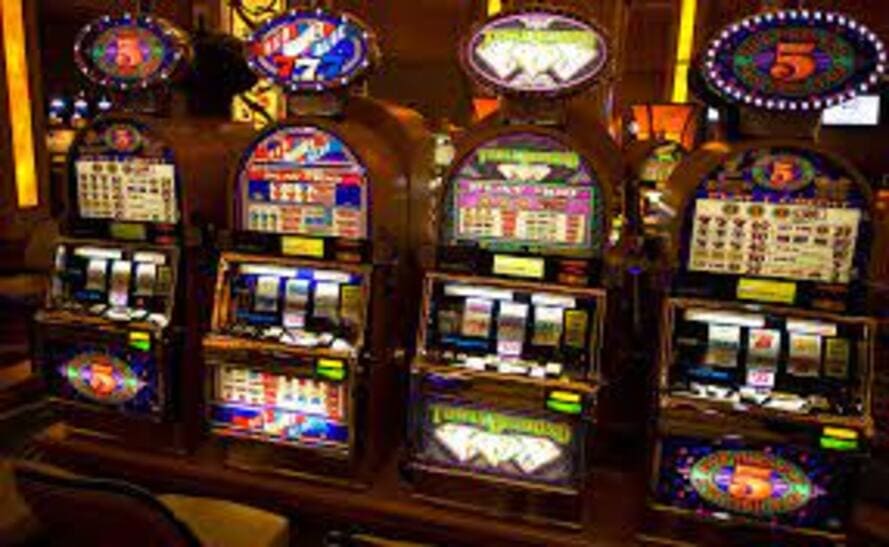A slot machine is a casino game that uses spinning reels to display symbols that are randomly determined each time you press the spin button. You can win a sum of money if the symbols line up in specific patterns, known as paylines. Some modern slots feature multiple paylines, and some even have stacked symbols that can cover several spaces on a reel and increase your odds of hitting certain combinations.
There are many different ways to play a slot machine, and each type of game has its own unique rules and payouts. Understanding how these games work is key to making the most of your time at the casino. Read on for our guide to reading a slot machine, and learn how to maximise your payouts.
If you’re a newbie to the world of slot machines, it might seem daunting at first. But don’t worry! All it takes is a little bit of knowledge to get started. You’ll be on your way to playing like a pro in no time!
Central to any slot machine is a set of reels that spin vertically on each spin. These are what determine whether a player wins or loses. Each symbol has a value, and the more symbols that land on a payline, the higher the winnings. There are a variety of different symbols, from traditional fruit, Liberty Bells, bars and lucky 7s to more sophisticated wild and scatter pays.
The symbols on the reels are controlled by a random number generator, which runs dozens of numbers per second. When a signal is received (anything from the machine being activated to someone hitting the jackpot), the random number generator stops the reels on the corresponding combination.
Early slot machines were simple, and you could easily calculate the odds of getting a particular symbol. For example, if you played three machines with ten symbols on each, the chances of getting one of them were 1/10. But as manufacturers started using programming to control the machines, they could pack many more symbols on each reel without having to make the machine too cumbersome. As a result, the odds of getting any particular symbol are now much harder to calculate.
It’s also important to note that just because a machine has gone long periods of time without paying out doesn’t mean it’s due. This is a common myth that many players believe, and it’s not true.
Some casinos claim to have “hot” machines that are programmed to hit at certain times, and they place them on ends of aisles or in other prominent spots to draw players’ attention. But this isn’t always true, and near-misses don’t give any indication of future outcomes. The same goes for systems that say a machine is “due” to hit soon, or is “hot.”
